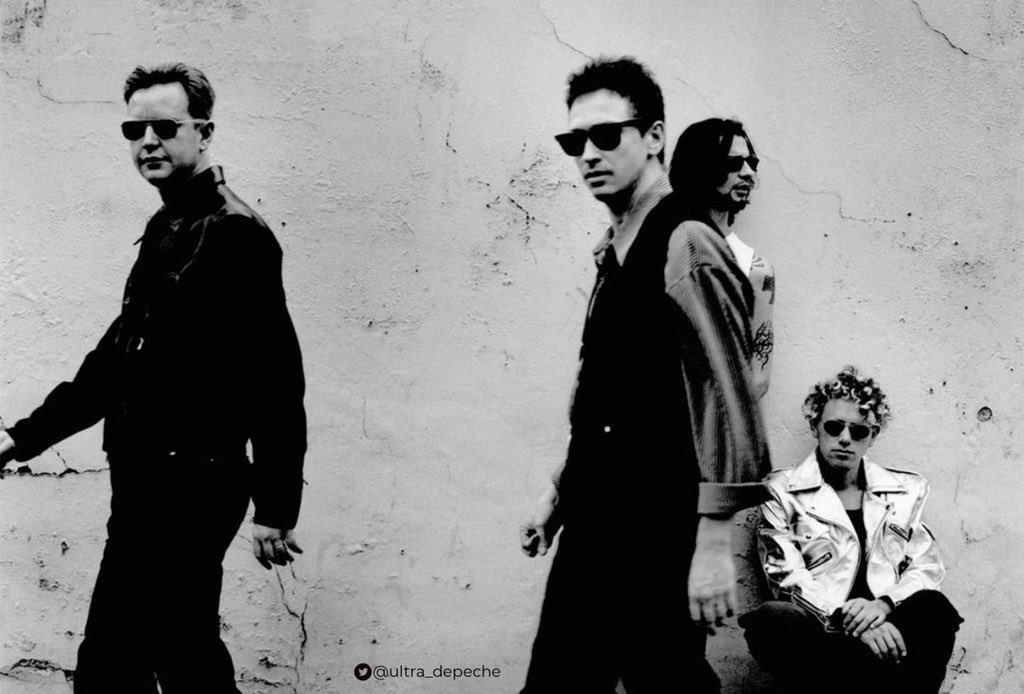

Admittedly, since his well‑documented split from Depeche a couple of years ago, Recoil has become the focus for Wilder's creative energies, becoming a one‑man musical melting pot which has so far managed to mix blues, rock, electronics, classical elements, ambient and rap (and that's just for starters). It is now tempting to view Wilder's solo project Recoil, which he launched in 1986, as his way of musically letting off steam from Depeche Mode, but as he explains, the idea of the frustrated composer desperately struggling to find an outlet for his darker musical outpourings while operating day‑to‑day in a hugely successful pop band somewhat belies the true, much more casual origins of the Recoil project. Songwriting duties in Depeche were subsequently taken over by Martin Gore, and Wilder became responsible for programming, sound design and production in the group as time went on, leaving no outlet for his own musical compositions a handful were released on Depeche Mode B‑sides or as the very occasional low‑key album track, but that was all.

Answering an anonymous group's Melody Maker Wanted ad for a keyboard player in 1981, Alan was fairly surprised to find himself in Depeche Mode, replacing Vince Clarke (until this point the chief songwriter in the band), who had just left the group. It's all quite some way from Wilder's work with Depeche Mode, with whom he shot to fame in the '80s. Now I want to keep the electronics at the appropriate level.Īs though some perverse inverse square law is at work, the amount of light and space in this amazing home studio appears in total contrast to the sound of the new Recoil album Unsound Methods, which is a densely‑plotted, dark and atmospheric work. not your average bedroom studio! Pop Will Eat Itself I always felt that using electronics had some great advantages, but usually at the expense of a certain groove. This place was never designed to have a controlled sound or environment like a traditional studio, but rather to have the feel of a workshop, with plenty of light and space."Ĭhez Wilder. This was a conscious decision on Alan's part intended to meet his own methodology: The studio is not divided into a control room and live room in fact the main studio floor has no dividers or acoustic booths of any kind. The main work area was actually planned by a interior design company, and consequently exhibits the same exquisite, minimalist, open‑plan design as his family home (as you can see from the pictures accompanying this article). Alan Wilder, late of Depeche Mode and currently working on a studio‑based recording project entitled Recoil, may have a home studio somewhat grander than most, but he maintains that his setup is surprisingly simple.

Here he talks about the studio, his new album, and his days with Depeche.įor many of us a home studio is a loft or bedroom crammed - if we're lucky - with a sampler, synth, computer, some effects and a DAT player. Alan Wilder, formerly the programming powerhouse of the group, and now striking out on his own, has poured the profits of his years with the Mode into this astonishing home setup.

Anyone in any doubt as to the popularity of Depeche Mode should see this man's studio.


 0 kommentar(er)
0 kommentar(er)
